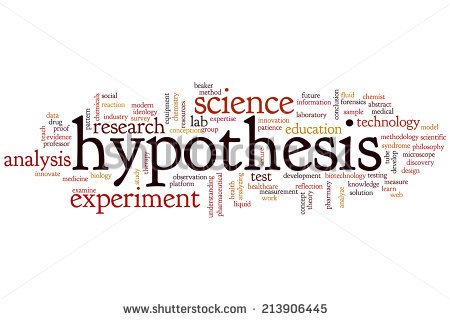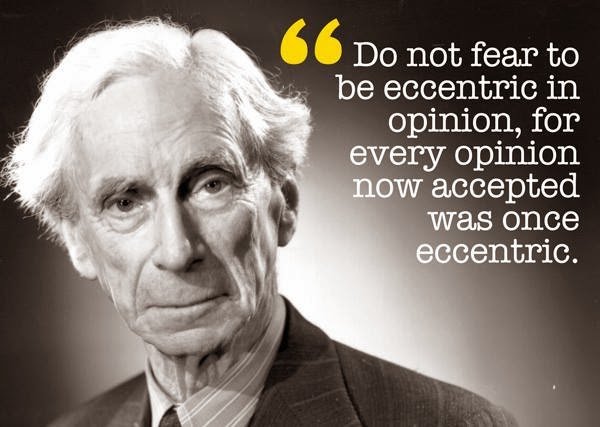Falling to a hopeless scepticism is possible with the doubt of philosophical pursuits

Image Source
Scepticism as a guideline to be taken after at the beginning of the application techniques in philosophy is extremely commendable, for it starts in wonder and doubt. A mystery and compelling desire to realize what presents itself as something extending past the extent of human knowledge and a concurrent disappointment with the surface perspective of things is the establishment of all enterprise in philosophy.
In spite of the fact that philosophy may start in doubt, it ought not end in doubt, for the very motivation behind philosophy would be vanquished. On the off chance that the cynic is left to restrict himself to his position of all inclusive doubt and mistrust, he winds up liable of dogmatism. When he tries to free himself from dogmatism, he cuts the ground from under his own feet.
This is the destiny of the wary approach, which exceeds itself and cripples its own motivation. Just an intense and earnest mastermind like Descartes could recognize this blunder in engaging widespread doubt and reach the astute conclusion that the existence of the doubter himself can't be doubted.

Image Source
His philosophy started with doubt yet ended in supreme assurance in regards to the idea of reality. Scepticism as a strategy for philosophy has esteem just when it knows about its restrictions and scope, and not when it tries to expect a metaphysical status.
Agnosticism is effortlessly the outcome of the thoroughgoing doubtful viewpoint, and it achieves the conclusion that the reality of things can't be referred to, for nearly an indistinguishable reasons from those progressed by the doubter. Knowledge of reality is unthinkable, in light of the fact that we have no methods for knowing it.
It might give the idea that the agnostic position is somehow superior to anything the discoveries of the doubter, as the cynic discards all inquiries by scepticism, because of his conviction of there being no plausibility of touching base at any assurance with respect to anything, while the agnostic just precludes the shot from claiming our having any knowledge of it.

Image Source
The hypothesis as a whole seems to be, clearly, untenable. Its fundamental imperfection is that it depends on the oblivious presumption that man is some way or another an outsider in the exceptionally world which gave him birth and in whose chest he lives and moves and has his being, that he is bound to take a gander at the universe through the medium of forms and classifications of thought, which are mental exhibitions of remote manufacture.
To state that reality is with the end goal that our knowledge can't achieve it, is a claim to know reality. To ask that our knowledge is of a kind which must neglect to transcend appearance, itself suggests that transcendence. For, on the off chance that we had no clue about a past, we ought to without a doubt not know how to discuss disappointment or achievement. The test, by which we recognize them, should clearly be some colleague with the idea of the objective.
Agnosticism as a technique comes up short, in light of the fact that to declare that we know just appearance and can't know any reality past it, we should as of now have some knowledge of reality, which alone could empower us to have any knowledge of the refinement amongst appearance and reality.

Image Source
References:
http://www.philosophybasics.com/branch_skepticism.html
https://en.wikipedia.org/wiki/Philosophical_skepticism
https://www.philosophytalk.org/shows/skepticism
Although not all Skeptics are agnostics, all agnostics see no evidence for accepting or rejecting the idea of any belief in God.
Downvoting a post can decrease pending rewards and make it less visible. Common reasons:
Submit